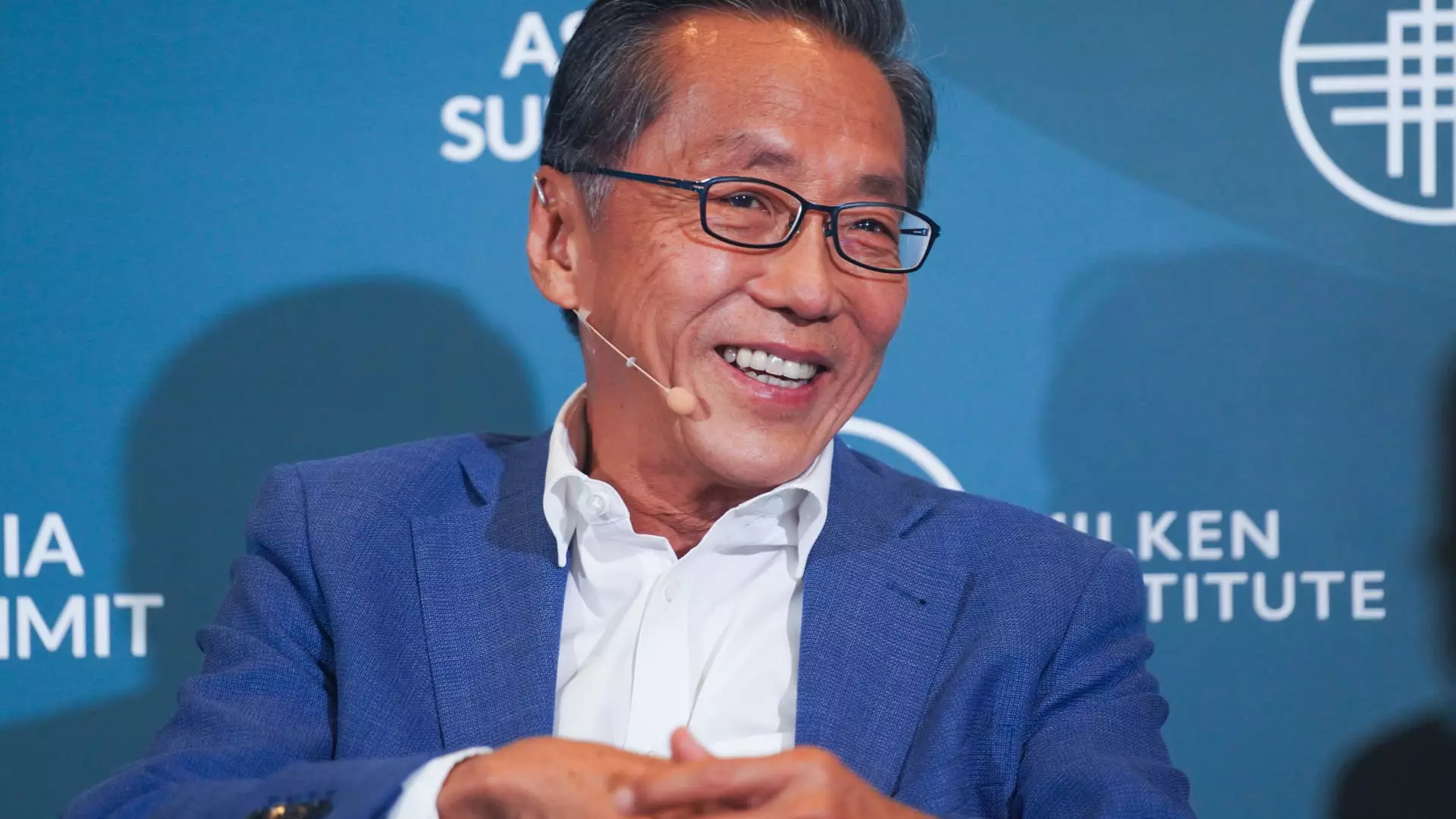Ho Kwon Ping’s trajectory to becoming the executive chairman of Banyan Group is as atypical as it is compelling. Born in Hong Kong and raised in various locations including Thailand and Singapore, Ho’s early life painted a picture of privilege juxtaposed with a yearning for independence. His father, a prominent businessman in Southeast Asia, established a foundation that certainly offered Ho opportunities, yet it also planted the seeds of rebellion in him. Instead of following a traditional path expected of a scion of a successful business family, Ho gravitated toward social activism, particularly during his time at Stanford University when the Vietnam War was a hot-button issue.
Ho’s activism led him down a tumultuous path, culminating in an expulsion from Stanford following his involvement in a protest tied to pro-eugenics theories. This contentious climate not only reflected the societal turmoil of the era but also framed Ho’s perspective as an entrepreneur—an entrepreneur shaped not by a quest for profit but by a strong sense of ethical responsibility and social values.
Ho’s political convictions eventually landed him in solitary confinement under the Internal Security Act in Singapore, a harrowing experience that shaped his worldview. While most individuals might have viewed incarceration as a setback, for Ho, it offered a period of introspection. Describing his time in prison as “scary, lonely, and reflective,” he utilized these experiences to carve out a path that would lead him far from the politics of protest toward the realm of entrepreneurship in hospitality.
Post-release, Ho’s return to journalism proved to be a learning curve that reinforced his understanding of political and socio-economic dynamics in Southeast Asia. But it was not until he assumed leadership of his family’s business after his father fell ill that he discovered the nuances of entrepreneurship. Here, he recognized the pitfalls of managing a business portfolio that lacked focus and clarity.
The transformative moment in Ho’s entrepreneurial journey arrived in 1984. In a serendipitous encounter, he stumbled upon a vast stretch of abandoned coastal land in Phuket—this pivotal discovery set the stage for the emergence of Banyan Tree, among Asia’s pioneering integrated resorts. It was a radical departure from the hodgepodge of family businesses, allowing Ho to channel his vision into creating a hospitality brand defined by luxury and sustainability.
With the developmental phase led by Ho, his wife Claire, and his architect brother, they not only restored the land but breathed life into an entire hospitality ecosystem. The launch of Laguna Phuket in 1987 marked the beginning of a new era, combining leisure and ecological consciousness. The Banyan Tree brand was officially born with unique offerings, including the unprecedented concept of private villas each with its own swimming pool and the introduction of the tropical spa experience.
The success of Banyan Tree can also be attributed to Ho’s inclination towards innovation. When faced with barriers—such as unfavorable location constraints—he turned challenges into opportunities. For example, the philosophy behind offering villas rather than traditional beachfront property stemmed from his acute awareness of market demands and consumer preferences. Ho’s keen market insight spurred the development of an oasis that not only appealed to affluent travelers but also catered to those seeking a unique and tailored hospitality experience.
Under Ho’s leadership, Banyan Group expanded beyond Thailand, establishing a robust portfolio with over 80 hotels situated in more than 20 countries. In 2006, the company became publicly traded on the Singapore Stock Exchange, further cementing its standing in the hospitality sector. Today, the company encompasses multiple brands addressing varied market segments, with revenues reaching approximately SG$328 million in 2023.
Although Banyan Group witnessed substantial growth, Ho’s journey is a testament to balancing profitability with a commitment to social responsibility. He reflects on how he has matured in understanding the broader implications of success not just for himself, but for the community and environment as a whole. As he eloquently put it, “Innovation doesn’t drop from the sky; it’s a response to a need.”
In a time where the hospitality industry faces increasing scrutiny over sustainability practices, Ho’s vision places Banyan Group among frontrunners addressing eco-luxury. He maintains that the journey from political activism to entrepreneurship has informed his approach, underscoring the importance of social causes in the business decisions he makes today.
Ho Kwon Ping’s story is not purely one of professional success; it is also a narrative rich with lessons of resilience, moral purpose, and a steadfast pursuit of innovative solutions. His extraordinary journey redefines what it means to be a modern entrepreneur, emphasizing that true fulfillment often lies at the intersection of passion, purpose, and profitability.


Leave a Reply